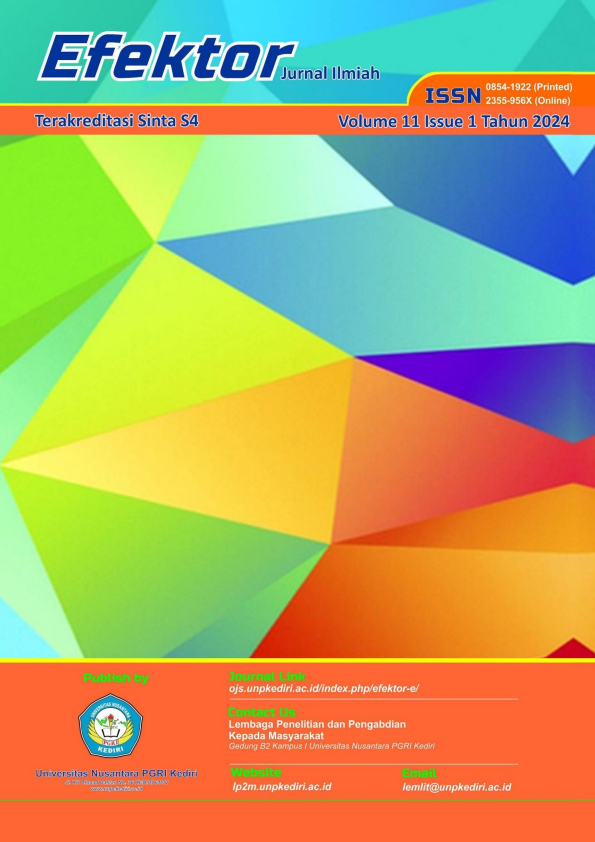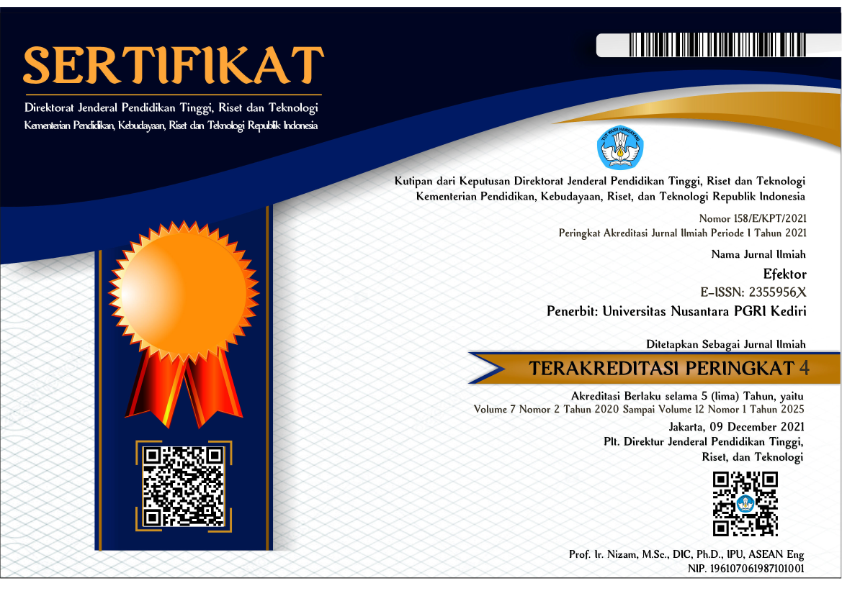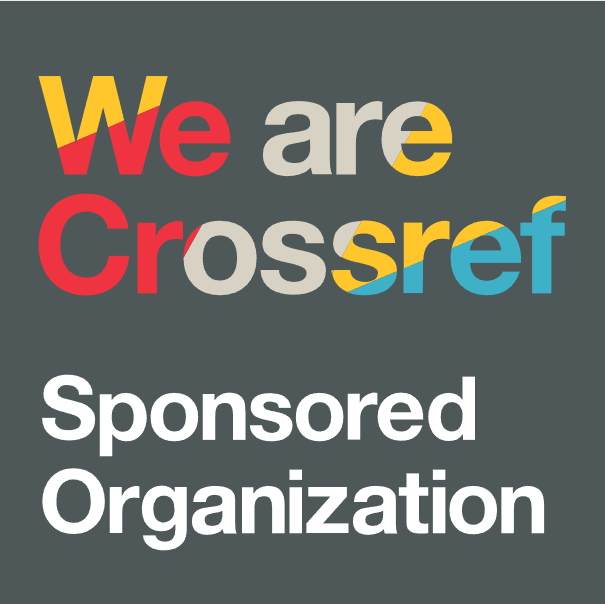Self Expressiveness, Brand Trust, Hedonic Product, Brand Community, Word of Mouth, dan Brand Experience Terhadap Brand Love pada Merek Vespa
DOI:
https://doi.org/10.29407/e.v11i1.21428Keywords:
self-expressiveness, brand trust, hedonic product, brand community, wom, brand experienceAbstract
Self-expressiveness, brand trust, hedonic product, brand community, word of mouth, and brand experience regarding brand love for Vespa brand motorbikes are the titles of this research. The population is someone who has used, purchased and used Vespa products in Indonesia. The sample in this study amounted to 260 respondents using non-probability sampling. The research method uses a quantitative approach and data analysis uses multiple linear regression. The results of the t-test showed that the significance value of the four independent variables was <0.05; all independent variables partially had a positive effect on the dependent variable. The F test shows that self-expressiveness, brand trust, hedonic product, brand community, word of mouth, and brand experience on brand love have a simultaneous influence with a calculated F value of 31,436 with a significance of 0.000 (<0.5).
References
Albert, N., & Merunka, D. (2013). The role of brand love in consumer-brand relationships. Journal of Consumer Marketing, 258-266.
Anwar, A., & Jalees, T. (2020). Brand Orientation and WOM: Mediating Roles of Brand Love. Journal of Management Sciences, 14-30.
Bauman, Z. (2003). Comunidade: a busca por segurança no mundo atual,. Rio de Janeiro: Jorge Zahar Ed.
Brakus, J. S. (2009). “Brand experience: what is it? How is it measured? Does it affect loyalty? ”. Journal of Marketing, Vol. 73 No. 3,, 52-68.
Carroll, B. A. (2006). Some antecedents and outcomes of brand love. Marketing Letters, 79-89.
Chaudhuri, A. &. (2001). The chain of effects from brand trust and brand affect to brand performance: The role of brand loyalty. Journal of Marketing, , 81-93.
Coelho, A., Bairrada, C., & Peres, F. (2018). Brand communities’ relational outcomes,through brand love. Journal of Product & Brand Management.
Hair, e. a. (2014). Multivariate Data Analysis, New International Edition. New Jersey: Pearson.
Hirschman, E. a. (1982). “Hedonic consumption: emerging concepts, methods and propositions”. Journal of Marketing, Vol. 46 No. 3, , 92-101.
Hwang, J., & Kandampully. (2012). The role of emotional aspects in younger consumer brand relationships. Journal of Product & Brand Management, 98–108.
Joji, A. d. (2012). Hedonic versus utilitarian values: the relative importance of real and ideal self to brand personality and its influence on emotional brand attachment. Vilakshan: The XIMB Journal of Management, 77-90.
Machado, E., & Rodhiah. (2021). Pengaruh Self Expession Dan Brand Trust Terhdap Electrical Word Of Mouth Dengan Brand Love Sebagai Mediasi Pada Konsmen VANS Jakarta. Jurnal Muara Ilmu Ekonomi dan Bisnis, 49-58.
Muniz, A. J. (2001). Brand Community. Journal of Consumer Research.
Nugroho, A. T., Rofianto, W., Surjaatmadja, S., & Andriani, M. (2021). Faktor Pembentukan Brand Love , Word Of Mouth, Dan Repurchase Intention Atas Produk Hedonic Telaah Pada Pelanggan Produk GUNPLA Merek BANDAI. Jurnal Manajemen strategi dan Aplikasi Bisnis Vol 4 No.2.
Palazon, M. D.-B. (2019). Fostering brand love in Facebook brand page. Online Information Review 43(5), 710-727.
Priansa, D. J. (2017). Komunikasi Pemasaran Terpadu. Bandung: Pustaka Setya.
Santos, M., & Schlesinger, W. (2021). When love matters. Experience and brand love as antecedents of loyalty and willingness to pay a premium in streaming services. Spanish Journal of Marketing, 374-391.
Sarkar, A. &. (2014). Examination of the roles played by brand love and jealousy in shaping customer engagement. . . Journal of Product & Brand Management, 24-32.
Stefany, Padmalia, M., & Effendy, A. (2021). Pengaruh Brand Experience Terhadap Brand Loyalty Dengan Brand love Sebgai Variabel MEDIASI Pada Pengguna Iphone di Surabaya. Jurnal Manajemen Vol. 16 No. 1,, 115-127.
Sugiyono. (2013). Metode Penelitian Kuantitatif, Kualitatif dan R&D. Bandung: Alfabeta.CV.
Wardhana, A., & Terah, S. S. (2020). Penagruh Brand Passion, Brand Commitment, dan Brand Intimacy terhadap Repurchase Intention, Positive WOM dan Pay Price Premium. BUSINESS MANAGEMENT JOURNAL, 29-35.
Downloads
Published
Issue
Section
License
Authors who publish with this journal agree to the following terms:
- Copyright on any article is retained by the author(s).
- The author grants the journal, the right of first publication with the work simultaneously licensed under a Creative Commons Attribution License that allows others to share the work with an acknowledgment of the work’s authorship and initial publication in this journal.
- Authors are able to enter into separate, additional contractual arrangements for the non-exclusive distribution of the journal’s published version of the work (e.g., post it to an institutional repository or publish it in a book), with an acknowledgment of its initial publication in this journal.
- Authors are permitted and encouraged to post their work online (e.g., in institutional repositories or on their website) prior to and during the submission process, as it can lead to productive exchanges, as well as earlier and greater citation of published work.
- The article and any associated published material is distributed under the Creative Commons Attribution-ShareAlike 4.0 International License













